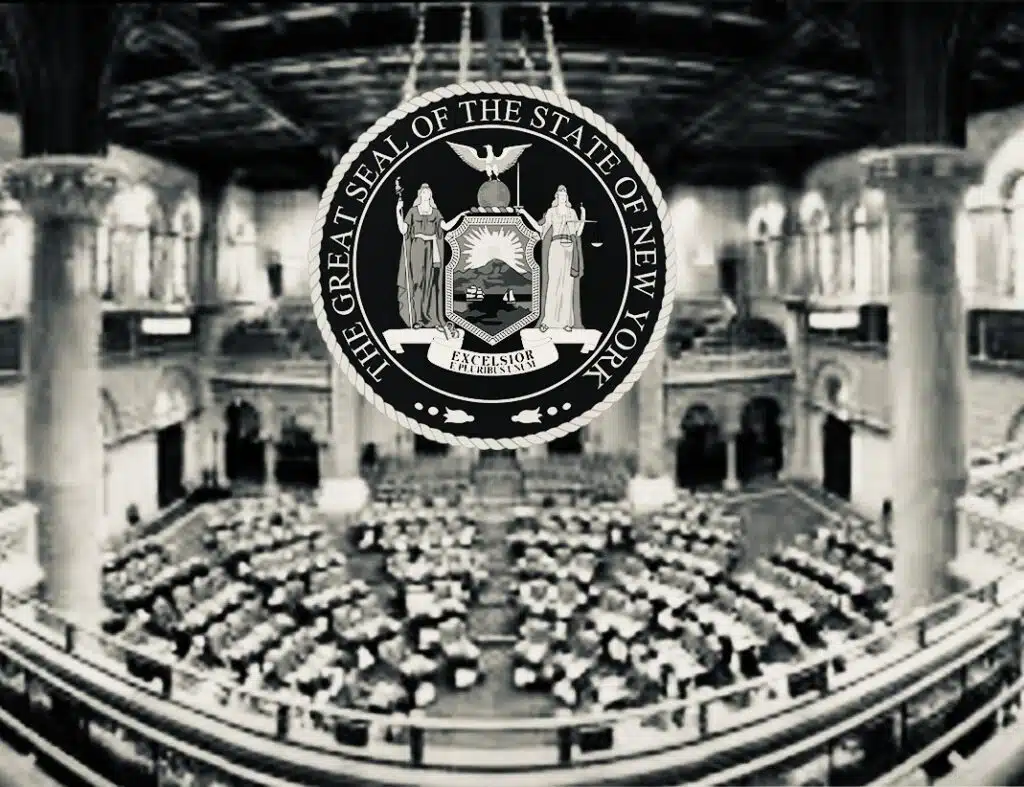Know Your Rights! Whether or not you have been a victim of workplace or employment discrimination in NYC, it is important to know your rights! Here are the 4 Key Takeaways from recent NYC Employment Discrimination Laws:
- New York City Workplace Discrimination Is On The Rise: Despite the fact that many New Yorker employees still work in a hybrid format in our post-pandemic workplace, workplace discrimination is on the rise. The US Federal Equal Employment Opportunity Commission (EEOC) reported that their agency received over 73,000 new discrimination charges in 2022, a 20% new increase from the year before.
To combat this increase in New York employment discrimination claims, within the last year, New York State has passed two laws, Assembly Bills: A7101 and A2035B, that protect workers against workplace discrimination. Assembly Bill A7101 protects employees and “relates to prohibiting certain retaliatory action against unlawful discriminatory practices by employers” while Assembly Bill A2035B created a toll-free hotline for complaints about workplace sexual harassment.
- Who Is Protected Against NYC Workplace Discrimination:
New York City, known for its diversity and inclusivity, places a strong emphasis on protecting the rights of its residents in the workplace. One fundamental aspect of NYC employment discrimination law revolves around the concept of “protected classes.” Understanding what these are and how your rights as a member of a protected class can be violated at work is essential to ensure equal opportunities and fair treatment. In this article, we will explore the concept of protected classes and the potential violations that members of these classes may encounter in the workplace.
What Are Protected Classes?
Protected classes are specific categories of individuals who are legally safeguarded from discrimination and unequal treatment in various aspects of employment, such as hiring, firing, promotion, and compensation. In New York City, these classes are protected by a combination of federal, state, and local laws, including the New York City Human Rights Law and the New York State Human Rights Law.
Common examples of protected classes in NYC employment law include:
1. Race and Skin Color: NYC Discrimination based on an individual’s race or skin color is strictly prohibited. This includes not only hiring decisions but also workplace policies and practices that disproportionately affect people of a particular race or color.
2. Gender and Sex: NYC Gender-based employment discrimination includes unequal treatment based on a person’s sex, gender identity, or gender expression. This encompasses issues like sexual harassment, pay disparities, and unfair job assignments.
3. Age: The Age Discrimination in Employment Act (ADEA) prohibits employers from discriminating against individuals aged 40 and older on the basis of their age. Older workers must have equal opportunities for hiring and promotion.
4. Disability: Employers must provide reasonable accommodations for employees with disabilities to enable them to perform their job duties. Failure to do so constitutes discrimination.
5. Religion: Employees have the right to practice their religion without fear of discrimination. Employers must make reasonable accommodations for religious practices, such as allowing time off for religious holidays.
6. National Origin and Ethnicity: NYC Discrimination based on an individual’s national origin, ethnicity, or country of birth is illegal. This includes language requirements that disproportionately affect certain nationalities.
7. Pregnancy: NY Pregnancy discrimination includes adverse treatment of pregnant employees, such as firing, demotion, or denial of reasonable accommodations.
- How Your Rights as a Member of a Protected Class Can Be Violated
1. Discriminatory Hiring Practices: Members of protected classes may face discrimination during the hiring process. This could manifest as biased interview questions, unequal pay offers, or even outright refusal to hire based on protected characteristics.
2. Hostile Work Environment: Employees may experience a hostile work environment characterized by harassment, offensive comments, or unequal treatment. Such behavior can create an atmosphere that makes it difficult for the affected individual to perform their job effectively.
3. Unequal Pay and Benefits: Pay disparities based on protected characteristics are a common form of discrimination. Members of certain protected classes may be paid less than their counterparts for doing the same work or may receive fewer benefits.
4. Failure to Accommodate: If you have a disability or require religious accommodations, your employer is legally obligated to provide reasonable accommodations. Failure to do so constitutes discrimination.
5. Wrongful Termination: Being fired or demoted solely because of your membership in a protected class is a clear violation of your rights. It’s important to distinguish between legitimate performance-related terminations and wrongful terminations based on discrimination.
6. Retaliation: If you assert your rights as a member of a protected class by filing a complaint or lawsuit, your employer is prohibited from retaliating against you. Retaliation can take various forms, including firing, demotion, or hostile treatment.
- What You Should Do If You Have Been Discriminated Against In A NYC Workplace: It is important to speak to an attorney before you sign any paperwork or meet with your employer to discuss instances of workplace discrimination, wrongful termination, and workplace mistreatment. An experienced employment attorney can help to ensure that you can in some cases keep your job or negotiate a favorable settlement for your NYC workplace discrimination case. Attorney Jack Giordano of Giordano Law Offices has been recognized by Reuters Super Lawyers, Avvo, Yelp, Google, and other platforms for his legal acumen, positive reviews, and excellent track record for employment law cases. You are never charged for a consultation, call or text our firm today at: (646) 217-0749
Protected classes in NYC employment law exist to ensure equal opportunities and fair treatment for all workers, regardless of their background or characteristics. If you believe your rights as a member of a protected class have been violated at work, it’s essential to consult with an experienced employment attorney or file a complaint with the appropriate government agency. By understanding your rights and taking action when necessary, you can help uphold the principles of equality and inclusivity in the workplace. Please visit our dedicated employment law webpage for more information.


